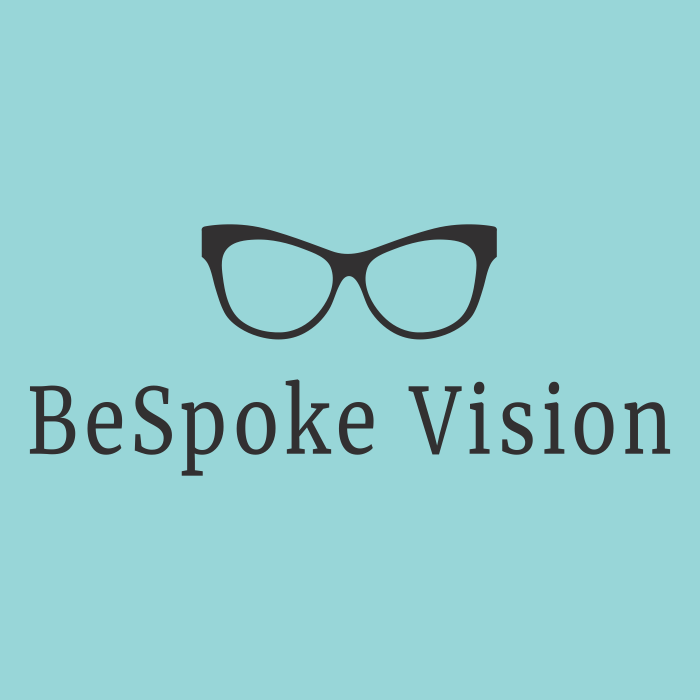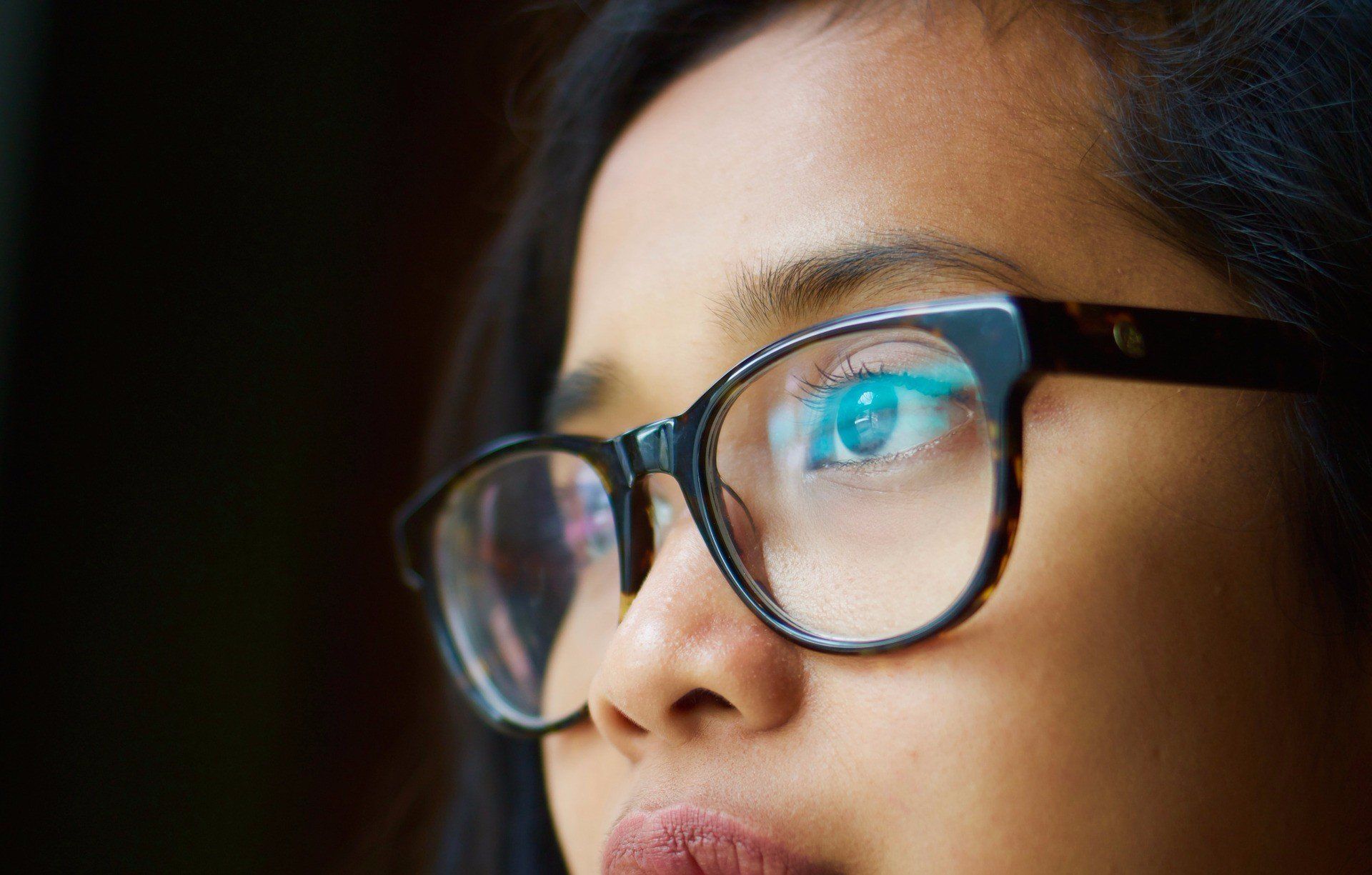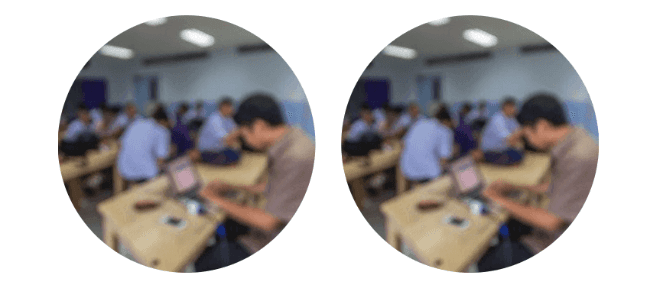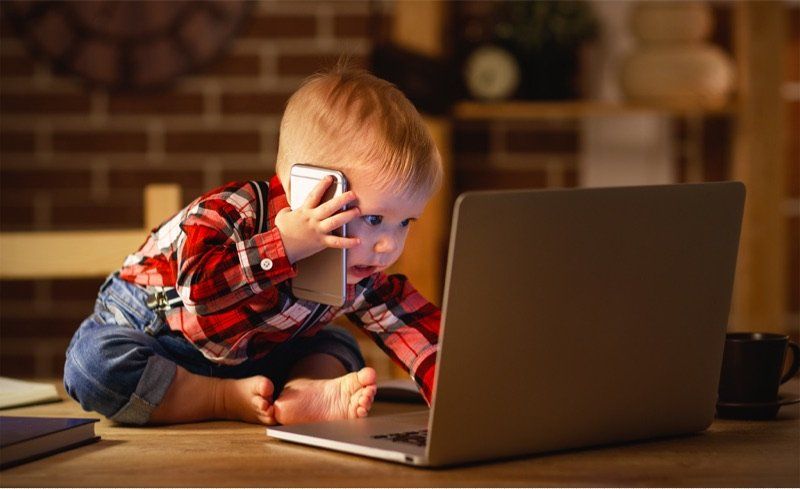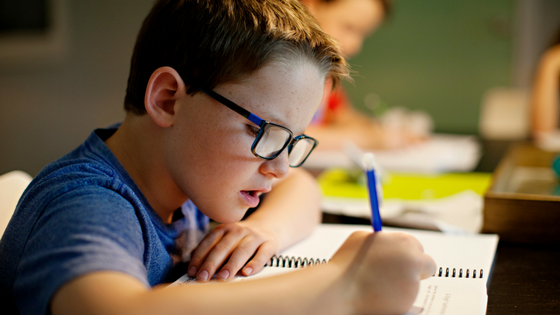PARENT'S GUIDE TO PROGRESSIVE MYOPIA
Nearsightedness that progresses (worsens) in children poses an increasing risk of vision problems as the child ages.
In the near term, difficulties seeing clearly can impact many aspects of a child's life including learning, sports, arts and even their confidence.
Left uncorrected, progressive myopia poses longer term vision threatening risks as the child becomes an adult.
80% OF LEARNING IS VISUAL
Myopia or nearsightedness is a common vision condition and historically was easily corrected with glasses or contact lenses. However, we now know much more about myopia.
The problem is that the number of children experiencing progressive myopia has increased significantly, in fact it's doubled over the last 20 years.
Perhaps even more concerning is the fact we are finding progressive myopia among children as young as 5 or 6 years old.
Treating the symptoms alone could actually worsen the problem.
In this three minute video Dr. McGee talks about the growing problem of progressive myopia in children and how it can lead to eye diseases up to loss of sight if left untreated.
WHAT IS PROGRESSIVE MYOPIA?
Nearsightedness or myopia occurs when the front of the eye (cornea) lengthens and changes the focusing point of the eye.
Instead of light focusing on the retina, the focal point is in front of the retina. Glasses or contact lenses can change the focal point and provide improved vision.
A child's body is constantly growing and their eyes are no exception. For some children with myopia, the condition can worsen as they and their eyes grow. Severe progression can become permanent as the child ages resulting in permanent vision loss at a young age. Therefore, the best time to take corrective action is early.

PROGRESSIVE MYOPIA RISKS
Left undetected or uncorrected, progressive myopia can impact many aspects of a child's life in the near term. It can affect their learning, sports and even their behavior.
It can also set them up for more significant vision problems as an adult including vision threatening diseases like retinal detachment, glaucoma, macular degeneration and blindness.
WHAT PARENTS CAN DO
The good news is that many eyesight problems can be controlled or cured when identified early. Scheduling an annual eye exam for your child is the best way to quickly identify any problems.
Scheduling a first eye exam as early as 3 years old can provide an effective baseline, especially since younger children are being introduced to technology before they can read.
There are other factors parents can control to reduce the risks of progressive myopia for the children:
- Increase outdoor play time - Studies found that time spent outside (away from technology) can reduce the risks of progressive myopia. 3 hours in the summer and 1 hour in the winter.
- Limit technology time and require frequent eye breaks.
- Between eye exams, monitor your child for signs their vision may be changing.
Limiting your child's use of technology and increasing time spent outdoors can help reduce the risk for progressive myopia.
TREATING PROGRESSIVE MYOPIA
There are several treatments that have proven effecting in controlling, stopping or reversing the progression of myopia in children.
Orthokeratology - Special contact lenses worn while sleeping gently reshape the cornea to allow uncorrected 20-20 daytime vision. The concept is similar to orthodontia for teeth, but is only used while sleeping.
Eye Drops - Daily use of eye drops containing atropine have been found to slow myopia progression but are not considered a cure.
Contact lenses - The FDA just recently approved a daily soft contact used to slow myopia progression. Ideally a child begins wearing these lenses at age 6-8.
Specialty eyeglasses - Patients with eye-muscle positioning challenges, especially young children not suited for contact lenses or eye drops, may benefit from bifocal or multifocal eyeglasses.
Vision therapy - Exercises to stimulate eye muscles and eye to brain communication may be prescribed for treating progressive myopia. The exercises may include visual aids and computer-assisted activities.
Schedule an annual eye exam for your child and set them up for success in school, sports and life. Use our online scheduler or call or text BeSpoke Vision at (405) 341-2062.
